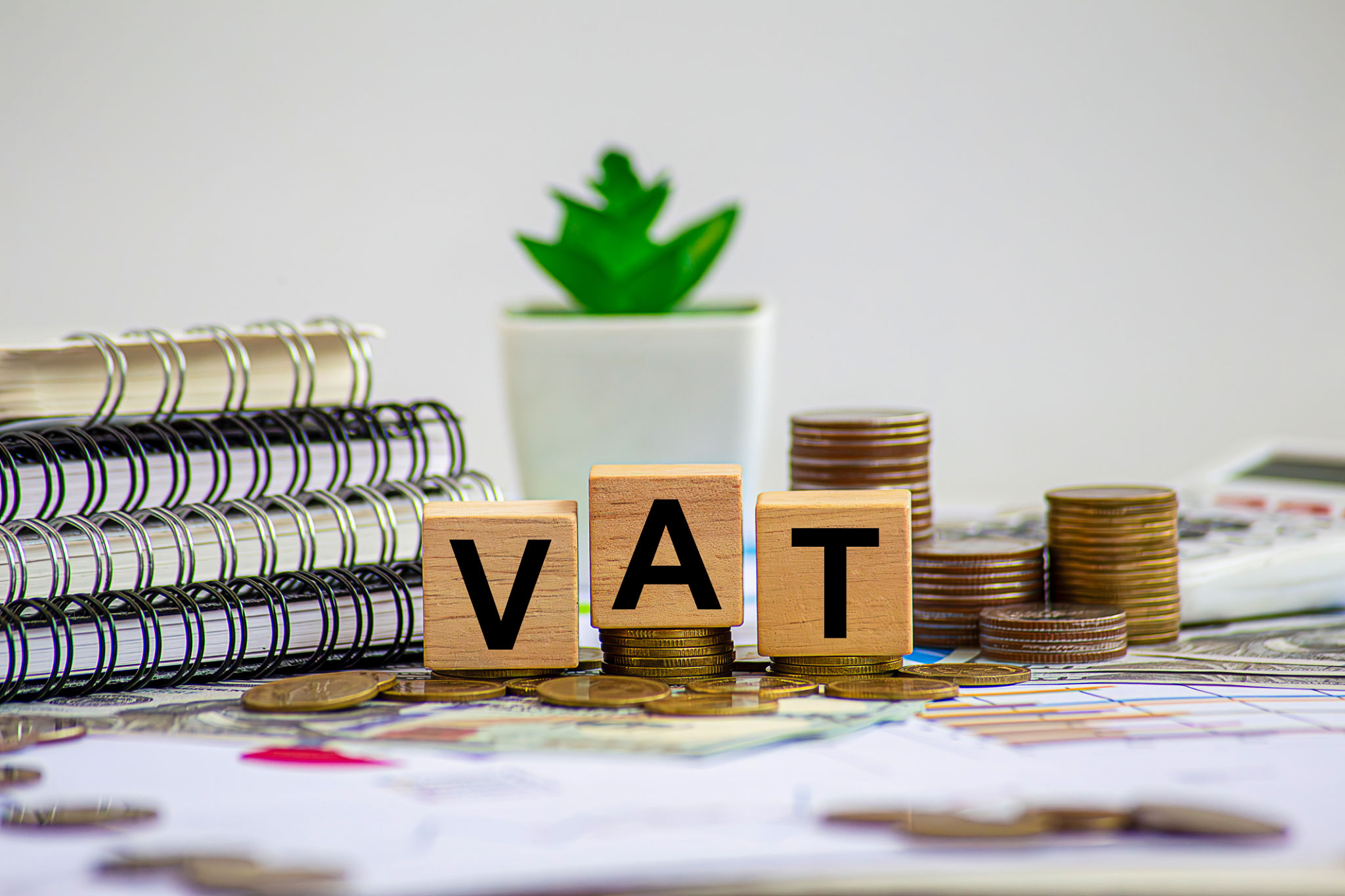Mastering End of Year Tax Accounting in Finland: A Complete Guide
As the year draws to a close, businesses in Finland face the crucial task of preparing their end-of-year tax accounts. This process can be daunting without a proper understanding of the local tax regulations and requirements. In this guide, we will walk you through the essential steps to master end-of-year tax accounting in Finland, ensuring compliance while optimizing your financial outcomes.
Understanding Finnish Tax Regulations
Before diving into the specifics of tax accounting, it's important to familiarize yourself with the Finnish tax system. Finland operates on a progressive tax rate, which means that the tax rate increases as income rises. The main taxes businesses need to be aware of include corporate tax, VAT, and payroll taxes. Staying informed about these regulations is crucial for accurate end-of-year reporting.

Corporate Tax Essentials
The corporate tax rate in Finland is currently set at 20%. Companies are required to pay taxes on their worldwide income if they are resident in Finland. Understanding the deductions and allowances available can significantly impact your taxable income. For instance, companies can deduct business expenses such as salaries, rent, and equipment from their taxable income.
Value Added Tax (VAT) Compliance
VAT is an essential component of Finnish taxation, applied to most goods and services. The standard VAT rate is 24%, with reduced rates for certain categories. Businesses must ensure they charge the correct VAT rate and maintain comprehensive records of all transactions. Filing VAT returns accurately and on time is crucial to avoid penalties.

Preparing Financial Statements
Accurate financial statements are the backbone of effective tax accounting. Companies must prepare a balance sheet, income statement, and cash flow statement. These documents provide a clear picture of the company's financial health and are essential for calculating taxable income. Investing time in organizing these records will pay off during tax season.
Balance Sheet Reconciliation
A thorough review of your balance sheet is necessary to ensure all assets and liabilities are recorded accurately. Reconcile any discrepancies and make necessary adjustments before finalizing your accounts. This step helps prevent errors in your financial reporting and ensures compliance with Finnish accounting standards.

Engaging Professional Help
While some businesses handle their tax accounting internally, others find it beneficial to engage professional accountants or tax advisors. These experts can provide valuable insights into optimizing your tax position and ensuring compliance with evolving regulations. Collaborating with professionals can also save time and reduce stress during this busy period.
Choosing the Right Tax Advisor
When selecting a tax advisor in Finland, consider their experience in your industry and their familiarity with Finnish tax laws. An effective advisor should offer tailored advice to suit your business needs and help you navigate complex tax issues efficiently.
Mastering end-of-year tax accounting in Finland requires a combination of understanding local regulations, meticulous record-keeping, and strategic planning. By following this guide, businesses can confidently approach their year-end tax responsibilities, ensuring compliance and potentially reducing their tax burden.
